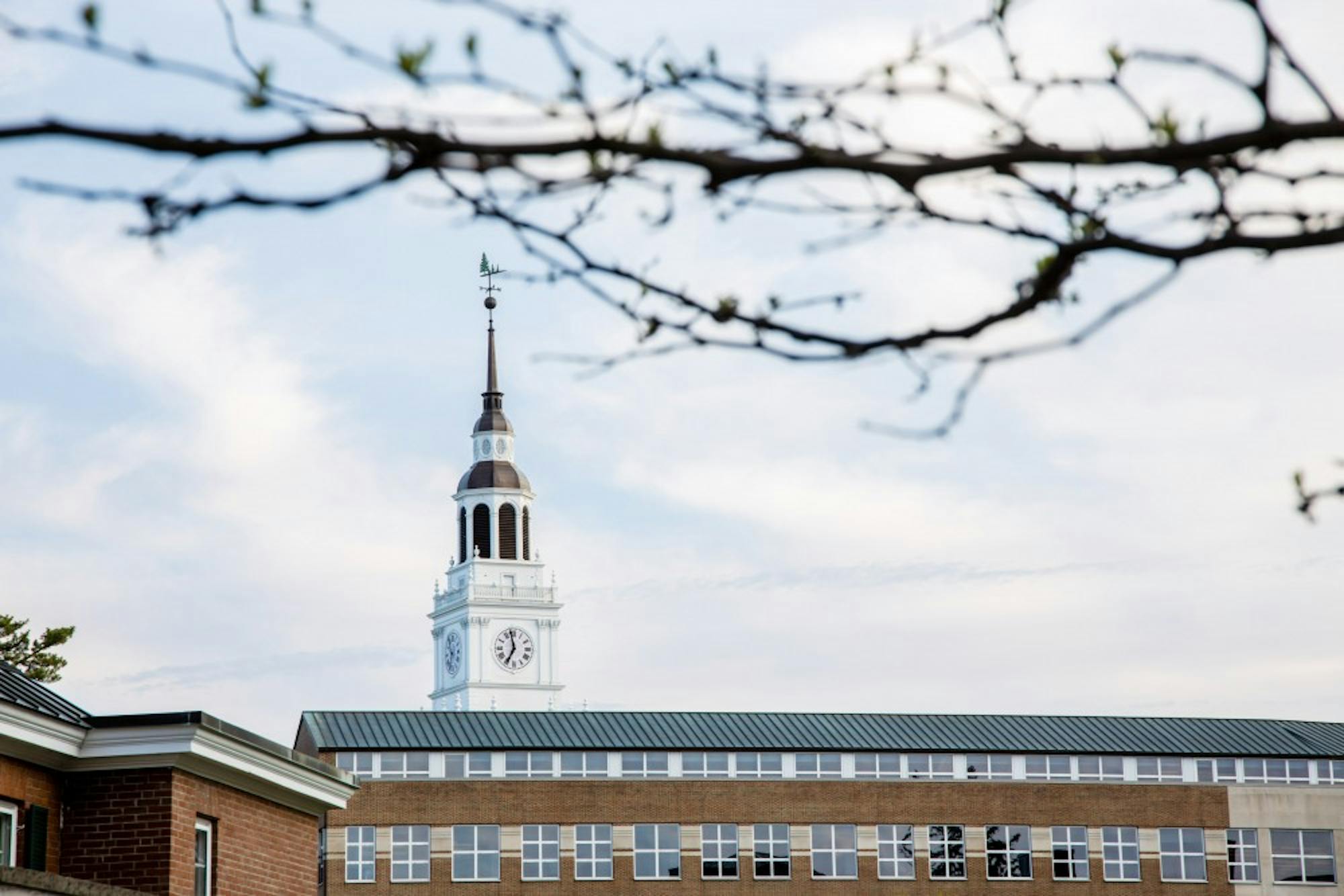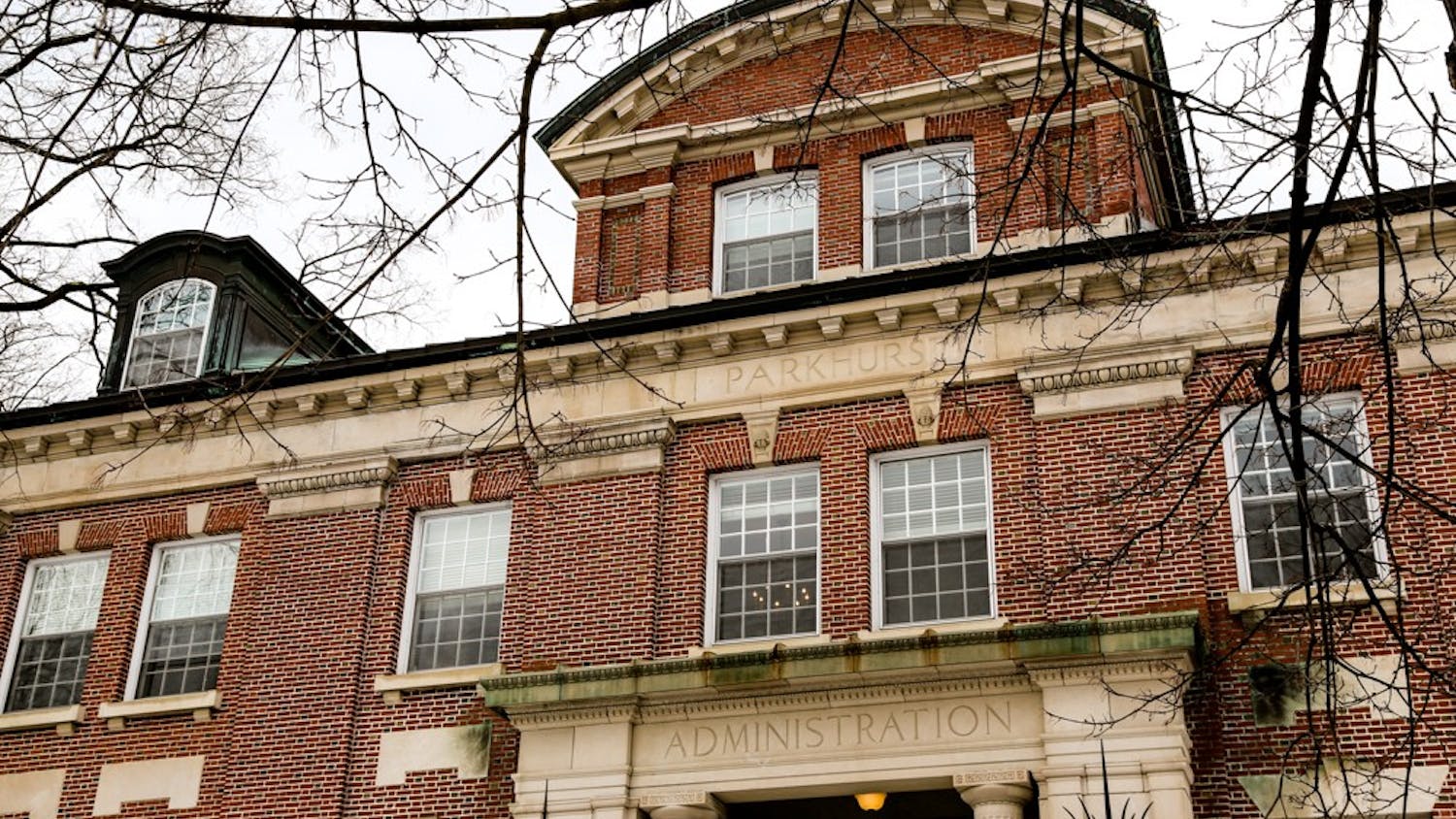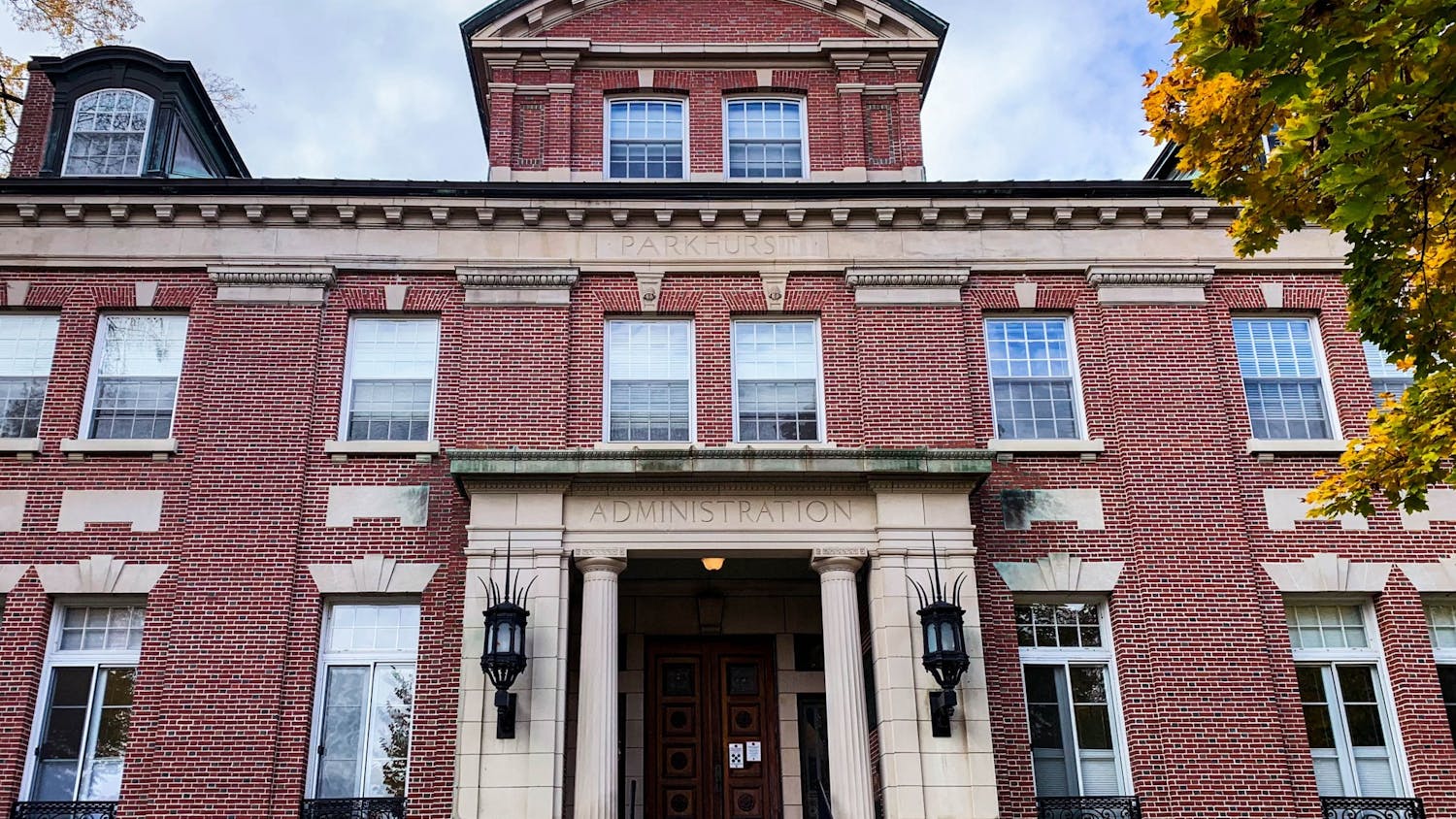On May 20, Dartmouth announced it would endow and expand the foreign relations fellows program in honor of Edward John Rosenwald, Jr. ’52 Tu ’53, according to the Office of Communications. Rosenwald — chair emeritus of the Dartmouth Board of Trustees — has served in various leadership positions at the College for 70 years, including serving on the Board of Trustees, leading the Will to Excel campaign and serving as vice chair of the $1.3 billion Campaign for the Dartmouth Experience.
Rosenwald received an honorary degree from the College in 2002, is vice chairman emeritus of JPMorgan Chase and has raised over $3 billion for causes across New York City, including the Central Park Conservancy, Deerfield Academy and the Environmental Defense Fund, according to the press release.
Rosenwald’s friends and classmates helped raise $12 million to endow the program in his honor, now formally called the E. John Rosenwald, Jr. ’52 TU ’53 Fellows Program in U.S. Foreign Policy and International Security.
The Rosenwald Fellows Program — which began in 2012 with grant funding from the Carnegie Corporation of New York — selects top postdoctoral scholars to study questions of foreign policy and international security at the College. According to the press release, an average of 114 scholars apply annually for up to eight positions.
Participants in the program give guest lectures in undergraduate courses, mentor undergraduates, meet with leaders in foreign policy and conduct research, the press release said.
When government professor Jeffrey Friedman was a postdoctoral fellow in the program in 2013 and 2014, he said he studied how risk and uncertainty shape U.S. foreign policy. The program allows the fellows the opportunity to interact regularly with faculty members committed to foreign policy, he added.
As a faculty member, Friedman said he continues to collaborate with fellows in the program on research and weekly seminars. He added that the program brings top scholars in U.S. foreign policy and international security to Dartmouth and “embedding” the College in a network of top scholars.
“Having this intellectual home base has been a real asset for recruiting policymakers to campus,” Friedman said.
Friedman added that fellows have had the opportunity to attend meetings with previous speakers who have visited campus including former U.S. Secretary of Defense James Mattis, former second commander of the U.S. Africa Command General Carter Ham, former U.S. ambassador to the United Nations Susan Rice and former U.S. Secretary of State Hillary Clinton.
“Without endowing the program, we would constantly be at risk of running out of funding,” Friedman said. “This support from [Rosenwald] and other generous donors has not only allowed us to expand the size of the program over time but to now make it permanent so that we can count on that being one of Dartmouth’s centers of excellence forever.”
Government professor and foreign policy fellows program coordinator Daryl Press added that with the expansion of the program, the College will now be able to bring eight postdoctorates to campus every year, up from the five to seven fellows who were able to visit campus previously.
“Up to this point, we scraped together money every year to pay for as many fellows as we could afford,” Press said. “It is a huge difference.”
He added that Rosenwald was a “champion” of the program from its outset, helping to shape its trajectory and promote it across the Dartmouth community.
Press also emphasized the importance of supporting foreign policy scholarship at the College.
“The U.S. relationship with China is arguably one of the most important questions of the 21st century, and having a world-class Dartmouth faculty studying critical questions like that will put us in the best possible position to both teach Dartmouth students and contribute to these critical foreign policy questions,” Press said.
Dartmouth trustee emeritus Russell Carson ’65 described Rosenwald as “one of the great alumni of Dartmouth College.”
“He's been a very significant contributor to the College — when the idea arose to name something for John that would be meaningful to him, a number of us jumped at the opportunity,” Carson said. “One of the things I really like about this particular project is the fact that it's financed in perpetuity.”
Carson added that being able to name a “people-based” program after Rosenwald, who Carson described as a mentor and friend to many, was a “perfect” way to honor him.
“John cried when we told him about the gift — I couldn't have thought of a better project to bear John’s name,” Carson said.





